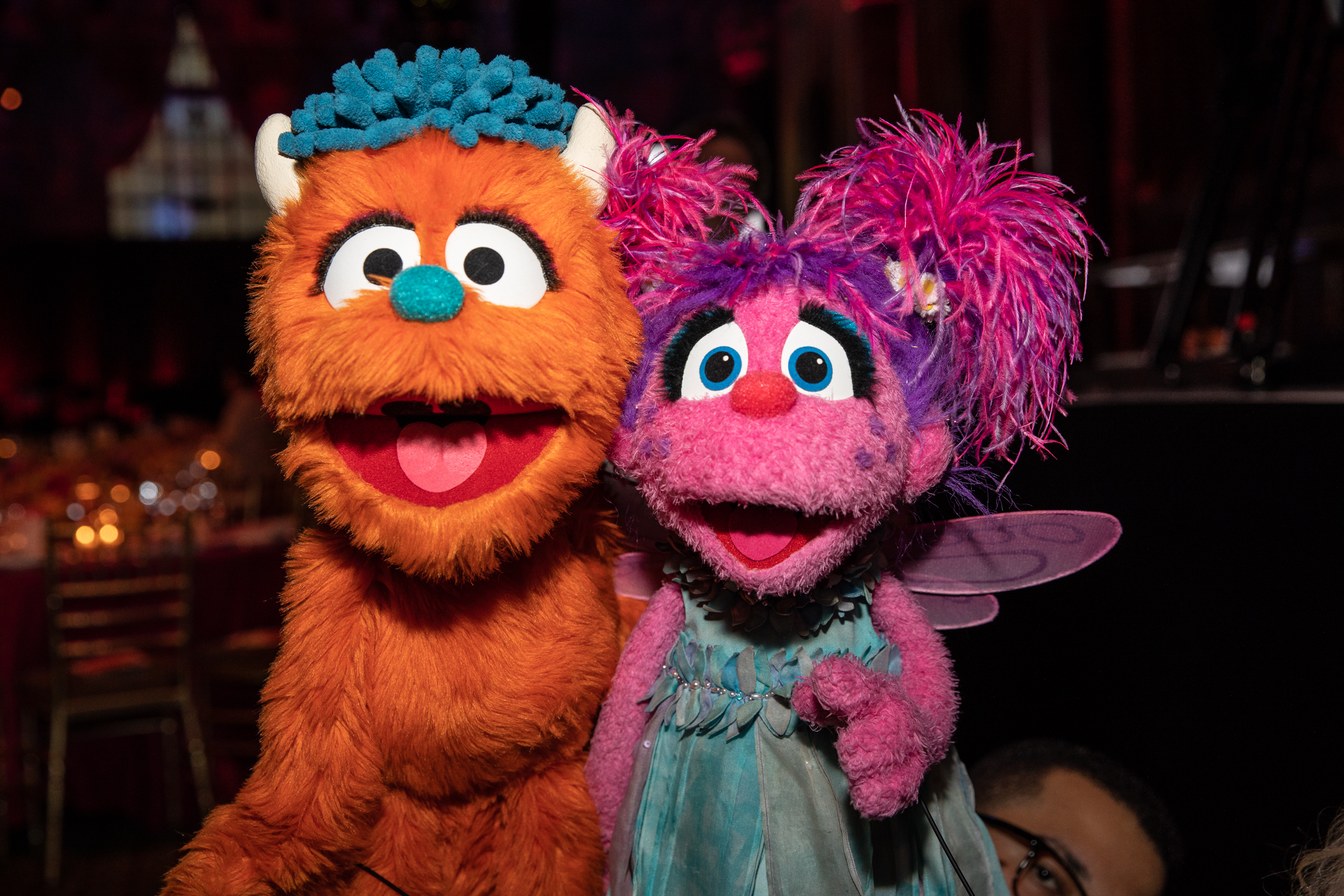
Source: Jeff Grossman/WENN.com / WENN
Recently, Sesame Street, the beloved children’s show that’s been running since the sixties, revealed a new character in a green muppet named Karli.
What’s special about her is that Karli’s mother has an opioid addiction.
With 5.7 million children, under the age of 11, living with an opioid-addicted parent, her inclusion makes sense. Representation is important and instead of further stigmatizing the families dealing with the disease of addiction, it’s great that “Sesame Street” is looking for ways to humanize the nationwide epidemic.
“Sesame Street” has been known for tackling traumatic life experiences of children. They’ve dealt with death, racism, HIV, and the importance of adults trusting the things children tell them.
In 2017, they added an autistic character to the show.
They do this.
But, when Karli’s character was announced, Black people on social media wondered why Karli and the opioid crisis was the face of addiction when there was another opportunity to address addiction, with another drug and another community in the eighties and nineties during the crack epidemic. It would have been even more powerful for the Black and brown children to know that they weren’t alone living with an addicted parent and that they still mattered in this world. But whether it was racism, lack of creativity, apathy or a lack of sympathy toward addiction all those decades ago, it didn’t happen.
See what people had to say about the missed opportunity on the following pages.









